When you work on something long enough, you become blind to how deep in the pit you really are (see the cartoon below). Mathematical optimization is, of course, no exception. On the other hand, when you are aware of the problem of being in a pit, you may overcompensate and explain things with far too much detail, making your audience imagine that you consider them idiots. Perhaps because of this “delusion of intimacy,” I haven’t noticed that optimization as a way of thinking is completely natural to a large proportion of people, and not a special feature and exclusive just to mathematicians.
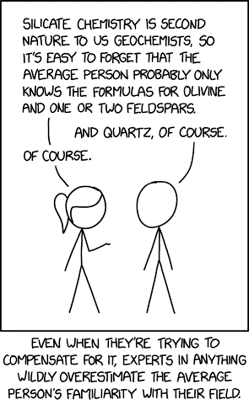
In the corporate world, especially those who are responsible for the budget, are inherent optimizers. “What is the purpose of this action? How can we influence the issue? How fast are we able to increase production? ” - all clear signs that things are being considered through optimization lenses. The same way of thinking is seen in political decision-making and in the public sector. Various impact assessments have become part of the official language and are here to stay; it’s difficult to imagine a large infrastructure project without a clear calculation of the benefits to the national economy.
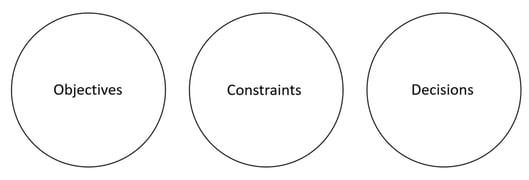
Image 1: Optimization building blocks, optimization lenses
Mathematical optimization forces us to quantify both the decisions to be made and the resources available, and also the pursued goals. Writing down the decision-making principles and alternatives is an eye-opener and brings clarity to the internal discussion even before a single line of code is written. However, mathematical optimization is one tool among others and not always the most appropriate option.
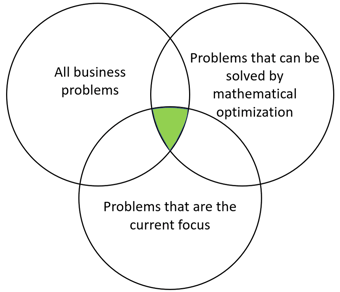
Image 2: When mathematical optimization is needed
Optimization is possible only if you can measure the impact of your decisions. In composing music it's not possible to directly measure how each individual tone affects the overall quality of a piece of music. On the other hand, in planning rolling stock movements on a railway network there are clear measures and each decision has a direct impact on them.
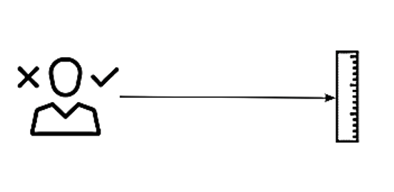
Image 3: Measurability of decisions
The measurability of decisions alone is not a sufficient reason to start optimizing. The company may evaluate the appropriate location of a factory with a number of different metrics, but in the end only one factory will be built. When there are several decisions and they all impact each other, e.g. locations of intermediate storage facilities for raw material flows to the factory, the ensemble of decisions is difficult for the human mind to grasp and optimization offers a significant benefit.
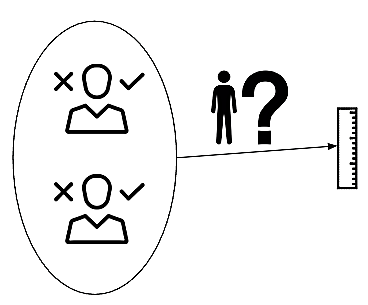
Image 4: Several interdependent decisions
If the quality of decisions is well measurable and there are many interdependent decisions, mathematical optimization is probably the right way to model the decision problem. In addition, if the impact of the decisions is significant, there is most probably a business benefit to the modeling as well. Of course you could optimize the seating arrangement for a wedding party (some of our employees may provide you more detail on this) and depending on the number of “absolute constraints” it may be worthwhile, but it’s not a viable business case as far as I know.
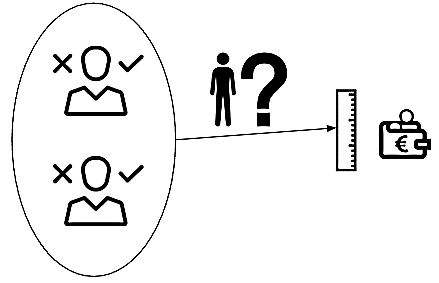
Image 5: Several interdependent decisions with significant impact
So to summarize, when you tick all these boxes:
- Decisions are made whose impact can be clearly assessed at the time of decision-making
- Decisions (large or small) are made several times at a time
- The decisions made affect each other
- The decisions have a big impact
⇒ it is likely that you will achieve great benefits through optimization.
Could we boost your business through optimization?
Read more about our optimization current state assessment.
